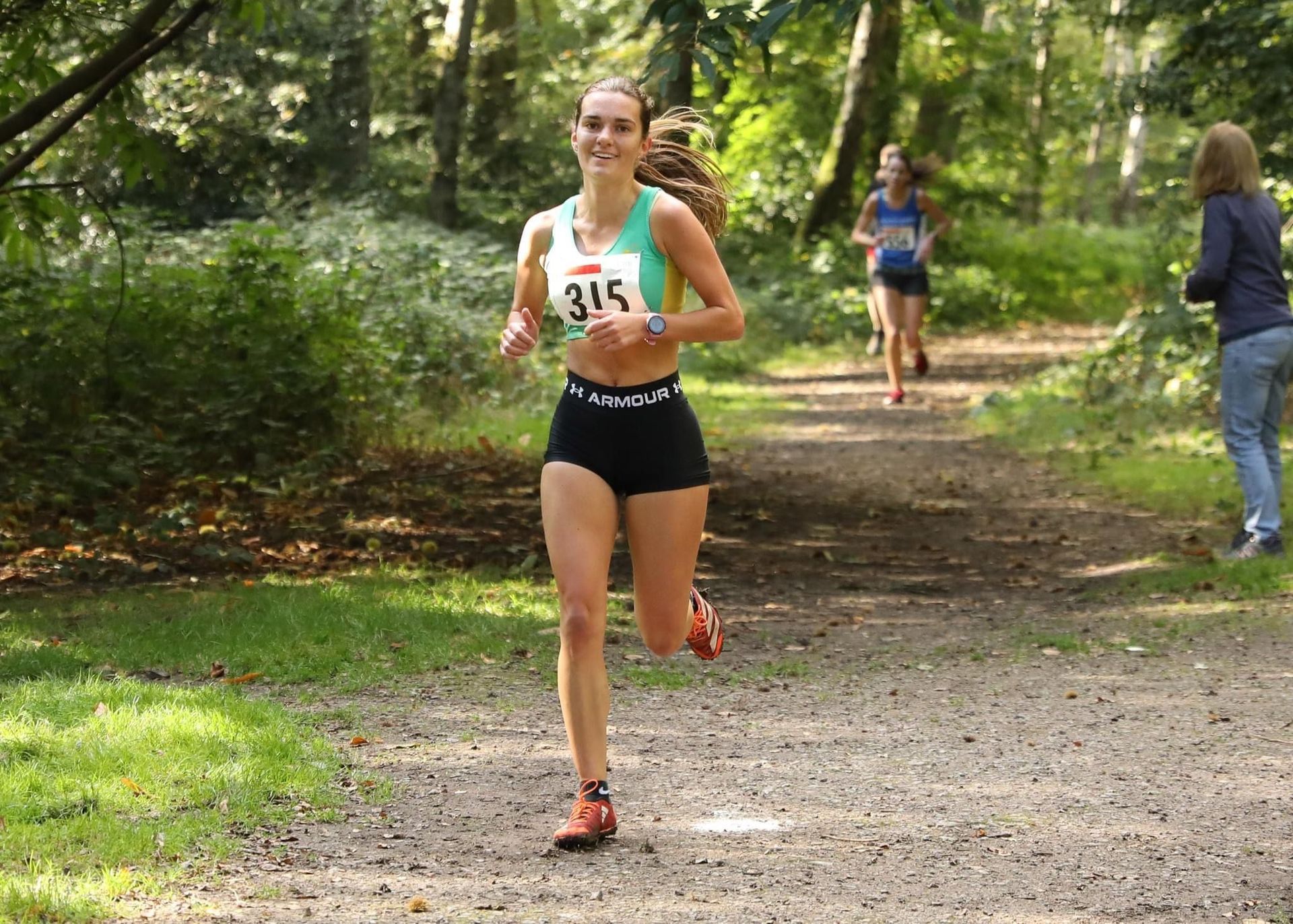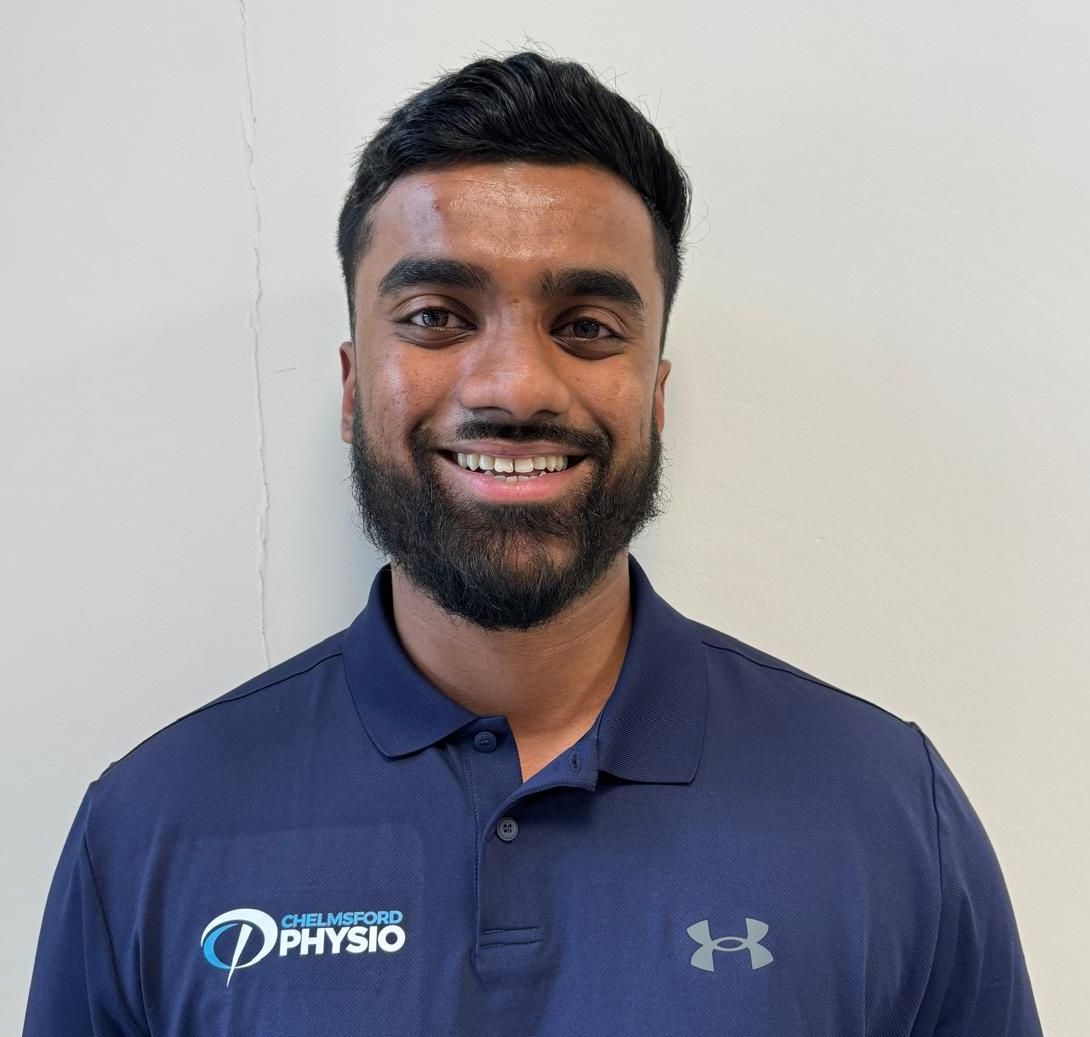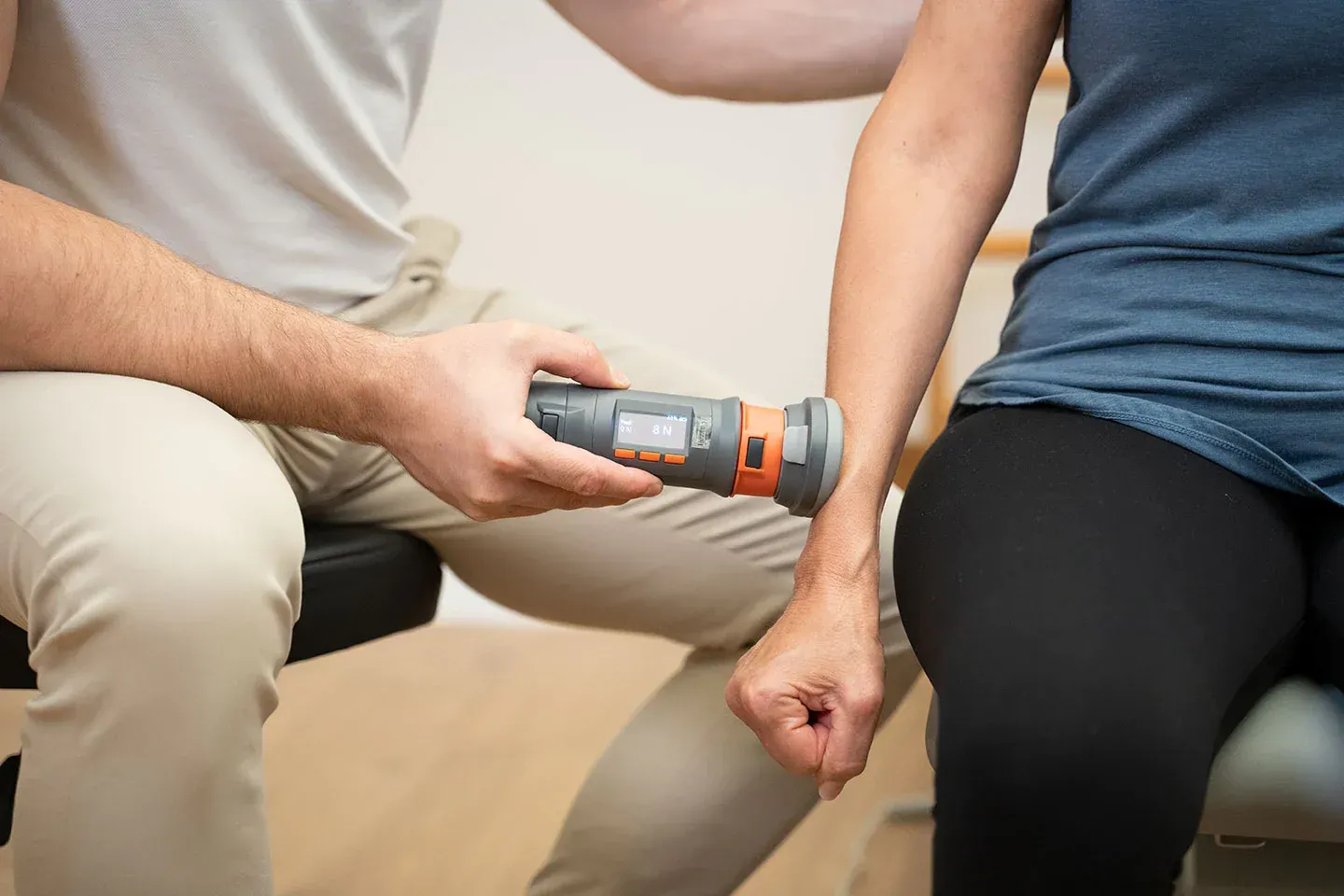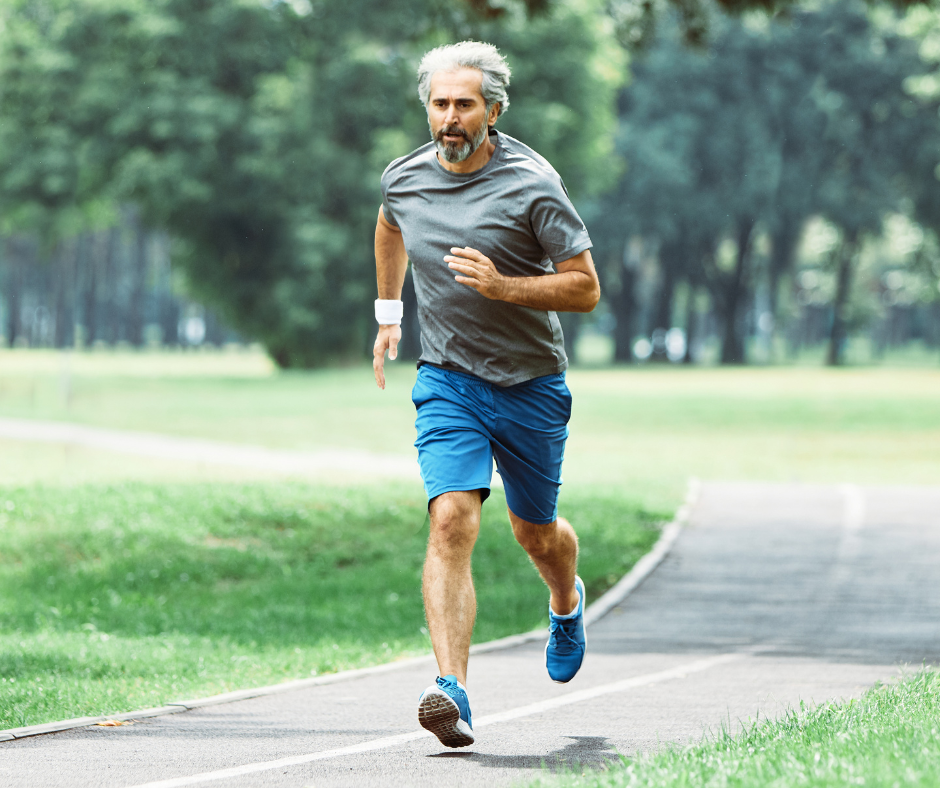What Does Megan Get Up to When She’s Not Being a Physio?
At Chelmsford Physio, we’re always keen to share a bit about our team and their passions outside of the clinic. Megan Williams, one of our talented physios, has a not-so-secret love: cross-country running!

Megan has been with us for over three years, and her expertise in sports injuries is evident, especially given her dedication to athletic training. But outside of helping clients recover, she’s clocking miles across local trails and fields, a commitment she’s built up over the last 15 years. It all began when she was a shy 11-year-old, clinging to her friend’s shirt to get around the track. Today, Megan trains five times weekly, often joined by other dedicated women who keep her motivated—rain or shine.
Through her hard work and dedication, Megan has seen great success, recently placing 2nd in the Essex cross-country league for senior women. She’s also represented Essex in inter-county events, and during the warmer months, you might spot her at the track competing over 1500m.

For Megan, running is more than a hobby; it’s a source of inspiration that fuels her energy in and out of the clinic.



